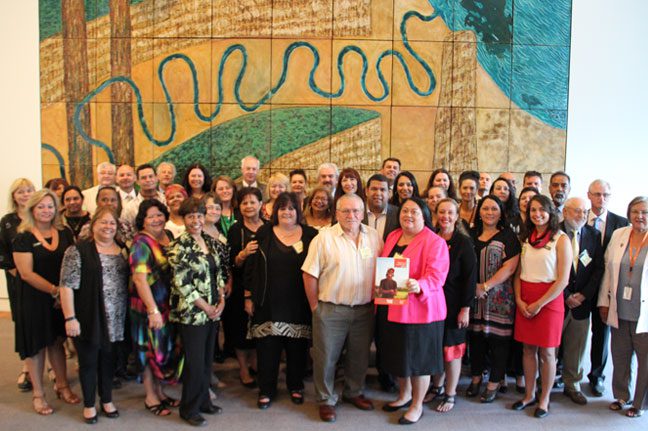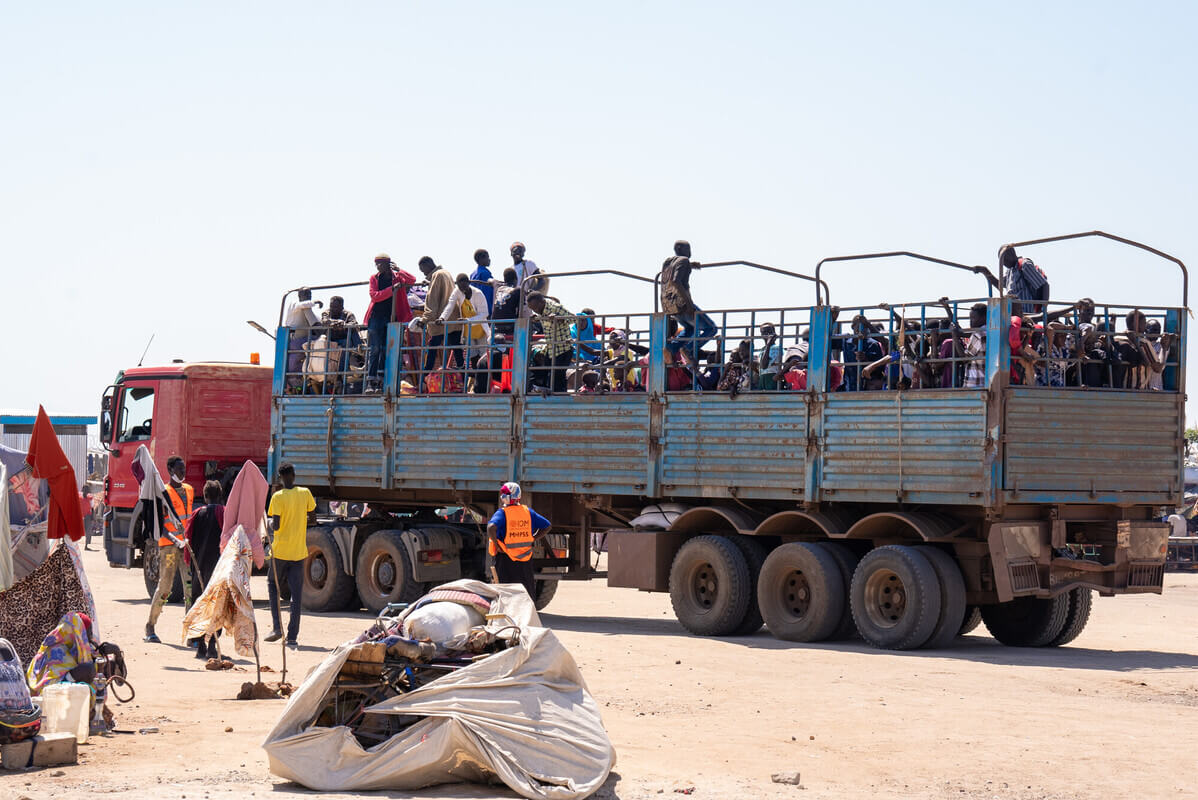Dr Peter Lewis, Indigenous Policy Advisor
Today the Close the Gap Campaign delivered its annual Progress and Priorities Report on Aboriginal and Torres Strait Islander health and well-being at the Parliamentary Breakfast in Canberra.
Prime Minister Abbott, Opposition Leader Bill Shorten and Greens leader Christine Milne all emphasised the need for for a long-haul and multi-partisan commitment to end the Indigenous health crisis within a generation.
We applaud the Prime Minister’s announcement of the implementation of the National Aboriginal and Torres Strait Islander Health Plan, which is crucial to the coordinated and consistent delivery of services to Aboriginal and Torres Strait Islander people across Australia.
If properly funded, it will provide an opportunity to create a more systematic approach to closing the life expectancy gap, by mapping current service capacity and health outcomes on a regional basis to determine what services are required and where.
We also welcome Opposition Leader Bill Shorten’s call for the Close the Gap Framework to include a justice target, given the high rate of incarceration of Aboriginal and Torres Strait Islander peoples.
But there is much work to do. Now we must make sure the federal government follows through on commitments to Indigenous health and ensure no further cuts to this critical area at the upcoming Federal Budget.
As our report shows, health and community services are the biggest employer of Aboriginal and Torres Strait Islander people, so by investing in Aboriginal and Torres Strait Islander health services, we can ensure proper access to healthcare and culturally appropriate treatment.
Our report also states:
- Improvements to health equality will take time. The approach needs to be long-term, multi-partisan, holistic, strategic. We must stay the course and not change with the political weather.
- A Closing the Gap target is needed to reduce imprisonment rates, and activity towards reaching the target must be funded through Justice Reinvestment measures
- Government strategies must be more coherently integrated so the Federal Government’s Indigenous Advancement strategy fits in with the National COAG Closing the Gap policy.
- Development of health policy underpins all Aboriginal and Torres Strait Islander peoples’ policies: education, jobs and safe communities.
Join us in demanding Indigenous health equality within a generation.




